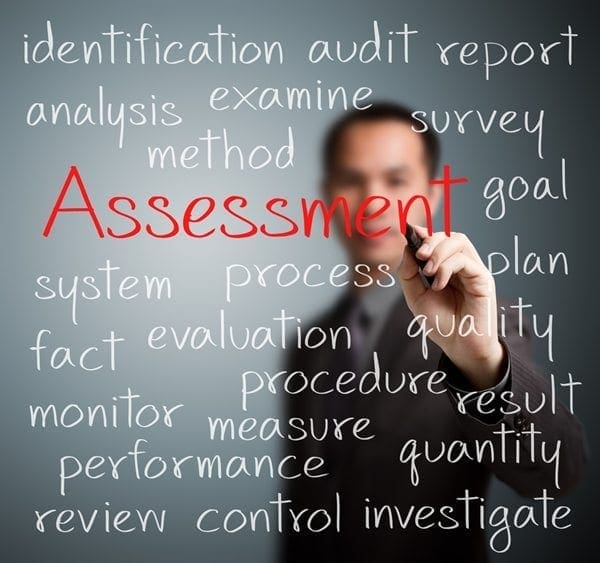If your business continuity managers have been doing their job, you should have an actionable plan set up to manage risks that could arise from unexpected events. Unfortunately, this is not always the case; and with the outbreak of Ebola in the U.S., business executives need to dust off their pandemic plans and start making sure their organization is prepared.
One problem with the effectiveness of the pandemic plan you may have is if it’s a preset and prefabricated one. Since the plan is not tailored to your company’s specific needs and unique characteristics (such as the number of employees that work in office and/or remotely, office equipment, stock-up supplies and room, geographic location, vicinity to the outbreak at hand, etc.) this will create a problem when the time comes to apply the plan.
Another issue for companies with their business pandemic plans is that they don’t get looked at, tested or updated. This leads to an even higher chance of ineffectiveness when faced with a real crisis situation; which means that business disruption for your company is more likely to happen (which then will lead to financial loss and possibly much more).
In our NCX Group’s Secure 20/20 podcast “Ebola, Pandemic Plans and Impacts To Your Business,” our guest speaker Kathleen Lucey (a Fellow at the Business Continuity Institute), points out how there have been businesses she’s come across where HR management had not agreed on how to handle sick leave. Nor had they considered or planned for what to do in case of a sudden shortage of staff. During a situation such as an Ebola outbreak, these considerations and decisions are a must before the outbreak takes place.
Making a list of questions is a great place to start; and an optimal way to generate ideas and necessary sections for your pandemic plans, as well as become aware of the components that are missing from an existing pandemic plan. Some examples:
- If someone calls in sick and experiencing Ebola like symptoms; in addition to giving them sick leave, have you considered if you are going to ask them who in the office has been in contact with them? If you do ask and there have been other employees in contact with them, do you send those employees home even though they show no sign of symptoms? Are you prepared to continue business as usual with a shortage of staff?
- Do you know what channels to monitor to stay up to date on the latest with cases of Ebola arising in your area?
- Have you decided when to start taking preventive measures for possible service disruptions? Do you have food, water, and generators prepared if needed?
- For how many people and for how long should you stock up on supplies?
Once you’ve developed your pandemic plan, you need to ensure you coordinate it across your entire enterprise (board members, departments, staff, and even employees’ family members). This allows everyone to know what they need to do in case of the unexpected. Business executives must also be sure their company performs drills with these plans on an ongoing basis, and apply the necessary updates to the pandemic plans as changes arise. Lastly, consider testing and catering the plan to different types of business disruption events. You can never be too prepared for the unexpected, especially a potentially disastrous one.
What actions are you taking with your business pandemic plans to prepare for Ebola in the U.S.?
Photo Courtesy of Dusit

